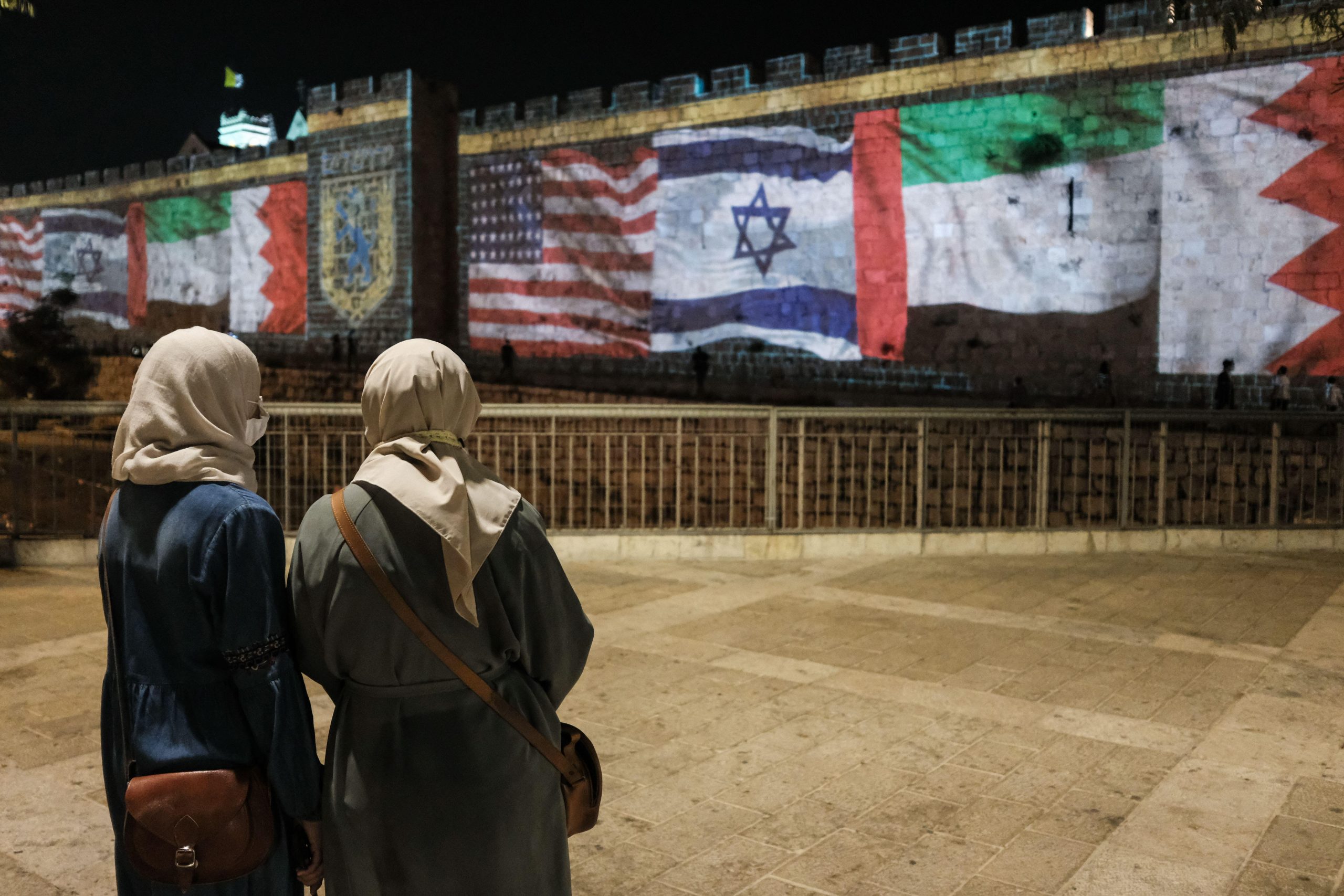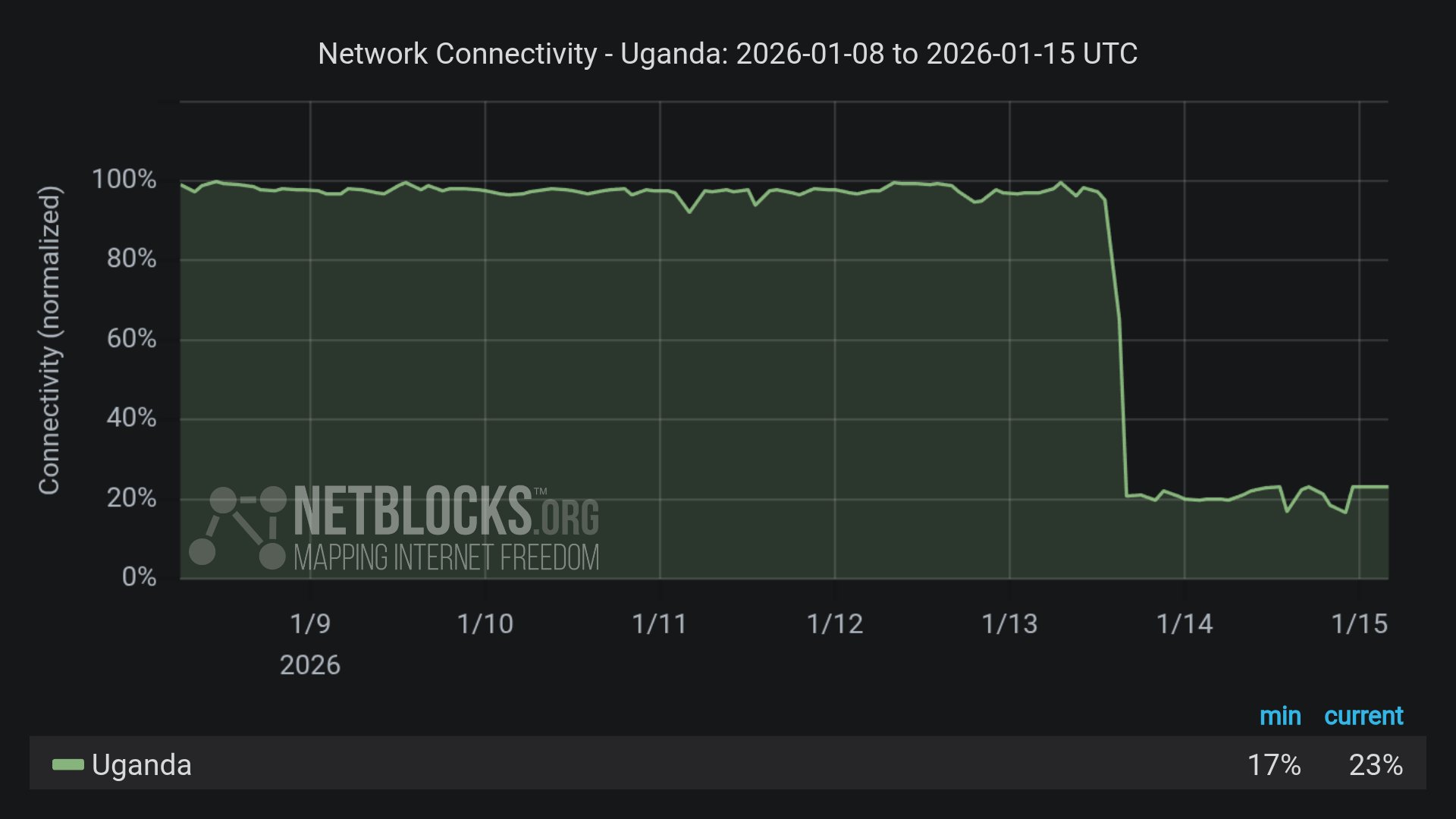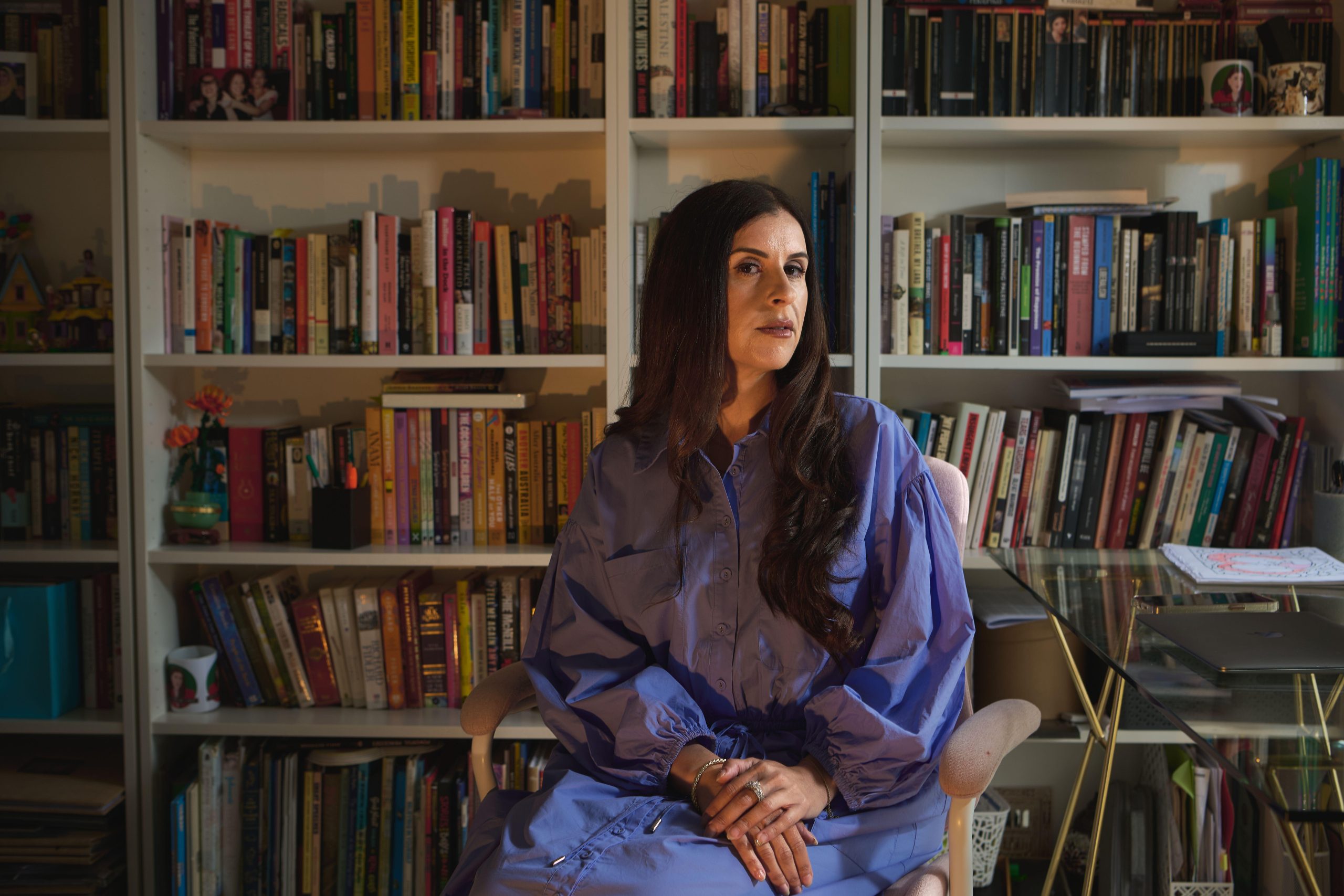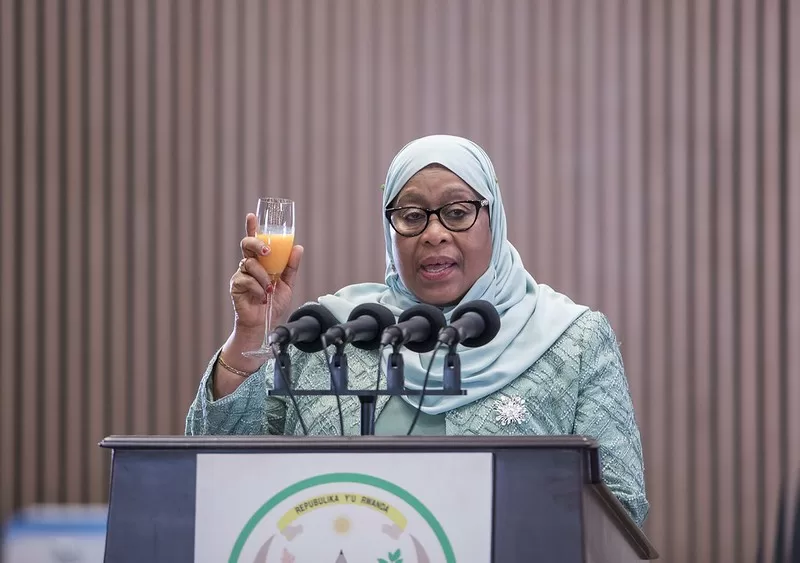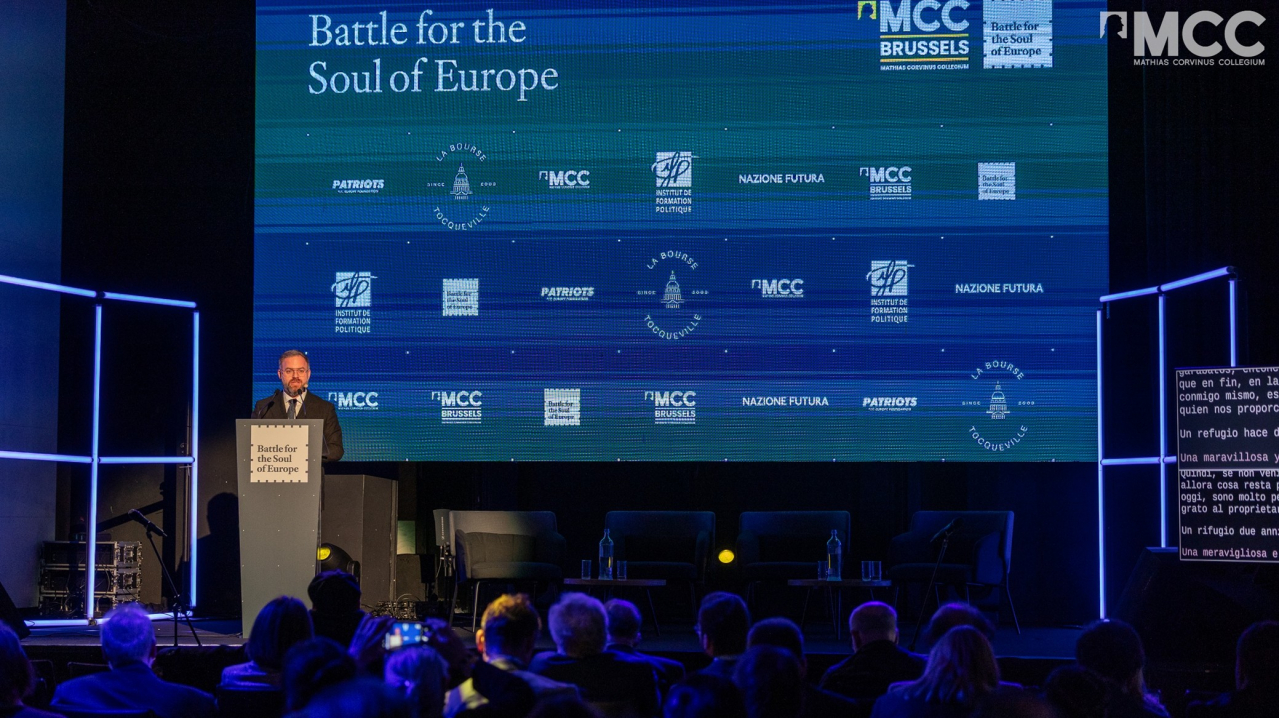In what critics see as a major blow to freedom of expression, Israel has banned protests against its ally the United Arab Emirates over the latter’s sponsorship of a militia perpetrating atrocities in Sudan.
“This is a very, very grave step that lessens freedom of protest and freedom of speech,” said Oded Feller, director of the legal department at the Association for Civil Rights (ACRI) in Israel.
The ban is causing consternation among the 6,000-strong Sudanese community in Israel. Many of them lost relatives or friends at the hands of the Rapid Support Forces (RSF) militia in their home country.
In a letter from Maya Vinkler, a police legal adviser in Tel Aviv, to Feller dated 20 November and seen by Index on Censorship, Vinkler refers back to a hearing before the High Court of Justice the previous day during which judges deliberated on an ACRI petition on behalf of Sudanese community activist Anwar Suliman. The petition sought to overturn a police decision based on secret evidence that it would be a “severe threat to state security and public well-being” to hold a protest outside the UAE embassy in the Tel Aviv suburb of Herzliya.
“We wanted the Israeli public to know who is responsible for this slaughter and that it is not just the militia,” Suliman said. The UAE has close ties with Israel, establishing diplomatic relations through the US-brokered Abraham Accords in 2020 – and making its first public purchase of Israeli weaponry a year later.
The country is also a major regional player, but after the RSF’s mass killings of civilians in and around the city of El Fasher in Darfur last month its international reputation is declining. Abu Dhabi insists that it does not back the RSF, but the disclaimer is contradicted by “evidence showing the Gulf state has provided munitions, drones and other equipment to the RSF,” according to a 15 November report in the Washington Post.
The deputy head of Israel’s National Security Council and a representative of the foreign ministry attended the high court session.
“In the open part of the discussion it was stressed that there is a danger of harm to state security and harm to foreign relations,” Feller said.
Then the courtroom was cleared so that the deputy head of the National Security Council and “possibly other officials” could brief the judges in secrecy.
When Feller was allowed back into the courtroom, the judges advised him to withdraw the petition. Feller says that since he did not want a negative ruling that would set a precedent, he agreed.
After this setback, Suliman and Feller applied to the police to hold a protest in a park, with placards and speeches, focusing on candle lighting and tributes to friends and relatives killed by the RSF. “I have a friend I studied with for four years and he was killed,” said Suliman “Everyone in the community has someone who was killed there whether it’s a family member or a friend.”
He told Index the Sudanese community just wants to protest the UAE role in Sudan, just as communities in Western cities including London have done recently.
Many in the Sudanese community in Israel have been in Israel for more than 10 years and fled after earlier massacres. According to Sigal Rozen, public policy coordinator of the Tel Aviv based Hotline for Refugees and Migrants, refugees from the Darfur genocide who had fled to Egypt in 2003 began crossing into Israel because of safety fears after a mass shooting incident by Egyptian security forces outside the offices of the United Nations High Commissioner for Refugees (UNHCR) in December 2005. After people saw it was possible to survive in Israel and that they were wanted by the labour market, relatives and friends joined them, she says. This continued until 2012, when Israel erected a fence on the border. According to government figures, 300 people succeeded in crossing into Israel despite the fence during the following three years. The Tel Aviv area has the largest number of Sudanese in Israel. They work mostly in cleaning streets, gardening, and in restaurants and hotels. They do not have work permits, but as part of a 2011 court case, authorities promised they would not enforce the law against them
In previous years, the Sudanese community has been allowed to protest outside the US, UK, EU, Egyptian and Rwandan embassies in Israel. Suliman stresses they were all peaceful demonstrations.
Zakaria Bongo, an English teacher and construction worker from Darfur who has been in Israel for 14 years, is worried that his missing friend Saif Omer may have been killed by the RSF while trying to escape the militia’s capture of El-Fasher. “When the genocide happened last time, people said never again but right now never again is happening in front of the whole world,” he said. “All the world is silent about the crimes so we have to get our voices out.”
But Israel apparently does not want that to happen. The police not only rejected holding the park protest, on 20 November, they informed Feller that they will not grant permits for any protests about the renewed genocide anywhere in Israel. Vinkler claimed in a letter to Feller that during the hearing the judges “accepted the state’s position not to permit protests in the matter of the genocide in Sudan at this time throughout the country.”
Feller says this is a misrepresentation of what happened in the court and amounts to a power grab by the police. He says its decision makers could now, instead of weighing permit applications on their merits “act as the long arm of the national security council and the foreign ministry.”
Vinkler specified in her letter that it did not matter where a demonstration would be held or its “character” it would still be denied a permit. Referring to the closed-door part of the court hearing, Vinkler wrote that the ban against the protest outside the UAE embassy was based on information showing the demonstration “was liable to harm the foreign relations of the state of Israel and state security.”
Alon Liel, former director general of the Israeli foreign ministry, is sharply critical of the police ban. “When you adopt standards of dictatorships and assist dictatorships in committing crimes it shows you might be on the way to losing your democracy,” he said.
The UAE and Israeli foreign ministries did not respond to queries for this article.

